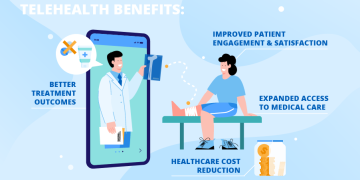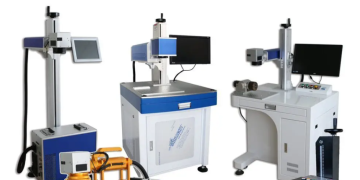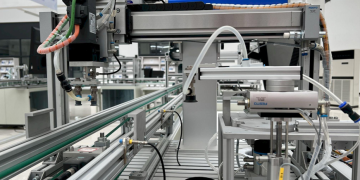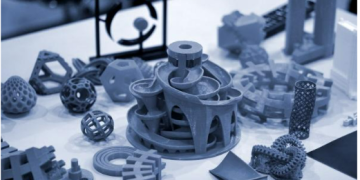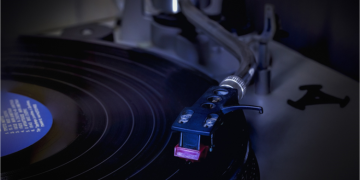Debt settlement and bankruptcy are both options to consider when you have too much debt. However, there are some differences in the way that they work.
If you are considering either of these options, it is important to understand the benefits and disadvantages of each one so that you can make an informed decision about which one is best for your particular situation.
Debt Settlement
Debt settlement is a process where the debtor agrees to pay the creditor an amount that is less than the full balance owed. The debtor and creditor agree to reduce or eliminate the balance owed, and in exchange, the creditor agrees to accept a lesser amount.
Personalized Payment Plan
Debt settlement is a way to pay off your debts by negotiating with your creditors. It can be helpful if you have a lot of debt and don’t know how to deal with it. You can work out agreements with your creditors to pay off one debt at a time, instead of all at once.
Better Credit Score Recovery
Debt settlement also has the benefit of improving your credit score faster than if you were to repay your debts in full. The reason for this is because most creditors will report a zero balance on the account once it’s settled, which improves your credit score.
May Provide Better Protection for Assets
Debt settlement offers you more protection of your assets than bankruptcy by allowing you to keep your property and possessions, unlike in bankruptcy where you may lose them.
The process of debt settlement can be beneficial for people who are struggling financially. It provides protections that bankruptcy doesn’t offer and is better for your assets because it’s not a liquidation of your property.
Bankruptcy
Bankruptcy is a legal process that allows individuals or businesses to declare insolvency, typically when they are unable to meet their financial obligations. It is the result of a lawsuit filed by one party against another.
Sometimes, debtors file for bankruptcy because they cannot pay their creditors what they owe them. Other times, companies file for bankruptcy because their debts outweigh the assets in the company and its value.
It is important to know that filing for bankruptcy does not necessarily mean that you will be completely free from your debt; it just means you have filed for relief from debts owed by you and/or your estate.
Faster Process
The process of bankruptcy is a faster way to handle debt than debt settlement. It’s not just about the speed of the process but also about the ease of getting out from debt.
The main difference between bankruptcy and debt settlement is that in case of bankruptcy, a person has to surrender all their assets, while in case of debt settlement, they can keep some or all their assets.
More Negative Consequences
Bankruptcy should not be viewed as an easy way out because it will have negative consequences.
The following are some of the possible negative consequences of bankruptcy:
-You might lose your home if you cannot pay your mortgage or rent after filing for bankruptcy
-Your credit score will drop significantly
-Your income might be reduced due to job loss
-You may need to pay back taxes that you were not aware of.
Eliminate All or Most of your Debt
The bankruptcy process is a way to eliminate all or most of your debt. It is not just a process that you can use to get rid of your debt, it also helps in getting rid of the stress that comes with it.
Even though bankruptcy may eliminate all or most of your debt, there are still some drawbacks.
Which Option Should You Choose?
It depends on what you want to achieve – if you want to save money and get rid of debt as soon as possible, then go for bankruptcy. If you are looking for a long-term solution that will allow you to keep some assets and have lower monthly payments, then debt settlement might be better for you.
However, this is a matter that you should take into careful consideration. You should also consult with a qualified bankruptcy attorney to assist you in making the decision on which option is best for you.
























